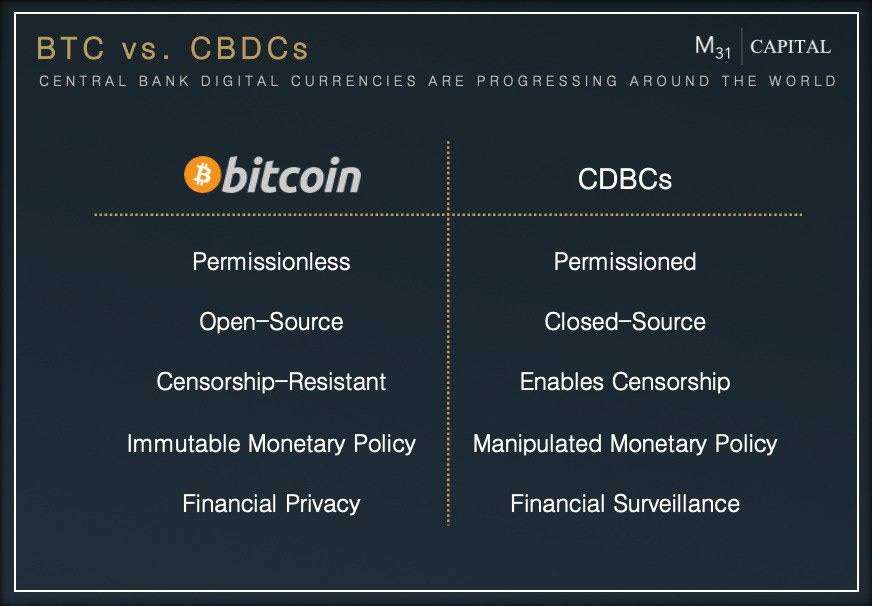Uncensored
Censorship-resistant speech can only happen on censorship-resistant platforms. So if we care at all about privacy, free speech, and individual sovereignty, we need to build in Web3
Early in October, Alex Jones was fined $1bn for having shared one of his many controversial views. Next Kanye (Ye) West was canceled for sharing a few of his controversial views. Then Andrew Tate started making the rounds after being banned from all social media platforms for sharing his controversial views.
But controversial according to who? We The People never got the chance to decide for ourselves as the videos were quickly scrubbed from the internet by our tech wardens.
The issue here is not about the specific views in question, nor the idea that words = weapons (they don't, btw), the issue is:
The undermining of free speech, a pillar of Liberal democracies
The hegemonic power of Web2 tech platforms to unperson you at whim
In Alex Jones Didn't Kill Himself, the author responds rhetorically to the NYT, saying:
"They clearly don't believe Jones should be able to broadcast. Should he be allowed to have a bank account? A credit card? Board an airplane?"
The question turned out not to be as dystopian as it sounded. Less than 48 hours later, J.P. Morgan closed Ye West's bank accounts.
It's Getting Worse...
Whatever you think of their views, Alex Jones, Kanye West, Andrew Tate, and the countless others who've been blocked from the full gamut of social networks, the situations highlight the immense power of centralized, Web2 tech companies.
They banned the President of the United States while in office, prominent doctors during a global health crisis, journalists during election season, and countless individual citizens every day who don't have the power or resources to defend themselves.
These problems of censorship are not limited to centralized social media, but are becoming increasingly apparent with centralized tech in general:
Zoom routes traffic through Chinese servers to censor topics the CCP doesn't like
Github deletes accounts of developers it doesn't like without notice
Cloudflare restricts access to websites it doesn't like without due process
Or most recently, PayPal's $2,500 fine for wrongthink!!
If you enjoy watching your enemies get financially and socially punished for holding views you disagree with, you're going to love CBDCs.
That is, until they come for you...
Web3 Fixes This
Prior to the Twitter takeover, Jack Dorsey and Elon Musk's texts were leaked showing mutual interest in building a censorship-resistant social media platform they agreed "can't be a company [...] it must be an open source protocol".
Dorsey is attempting this bottom-up with Bluesky, starting from scratch with a blockchain-based social media project. Musk is attempting this top-down with Twitter, integrating blockchain features into the Web2 app.
Ye bought Parler. Andrew Tate moved to Rumble.
But censorship-resistant speech can only happen on censorship-resistant platforms. If we care about privacy, free speech, and individual sovereignty at all, social media needs to be Web3.
But Web3 social media is not only better from an ideological perspective, it also offers far better functionality, experience, and profit opportunities for the users.
We spoke about this on a recent podcast with Divya Narendra, mentioning how specific decentralized social media protocols like Farcaster, Lens Protocol, & DeSo enable the Ownership Economy by giving users full ownership over content like their tweets, posts, blogs, etc.
And that's where things get interesting...
Web1 > Pay to use
Web2 > Free to use
Web3 > Paid to use
In Web3 social, your tweets, posts, data, and everything else you create online exist as NFTs you can self-custody. This means you can “license” that content for distribution on different social media networks.
Facebook will pay you. Twitter will pay you. Google will pay you.
Conclusion
It's early days for Web3 social media, but the necessary ingredients are there:
The tech is there: Decentralized identity, user-owned social graphs, onchain notifications, data storage, decentralized domains, NFTs.
The need is there: Platforms for free speech, censorship-resistance, and tools for fighting fake news are needed now more than ever.
The benefit is there: Web3 gives users more control, more profit, more security, more convenience, and more freedom.
Centralized tech platforms like FTX and Twitter highlight over and over again the problems with trusting Web2.
Decentralized finance (DeFi) and decentralized tech (Web3) provide the solution.
What We’re Reading
The Attention Whores of Babylon (Mike Solana)
The Crypto Story (Bloomberg)
Alex Jones Didn't Kill Himself (Max Meyer)
About M31 Capital
M31 Capital is a global investment firm dedicated to crypto assets and blockchain technologies that support individual sovereignty.
Website: https://www.m31.capital/
Twitter: https://twitter.com/M31Capital






